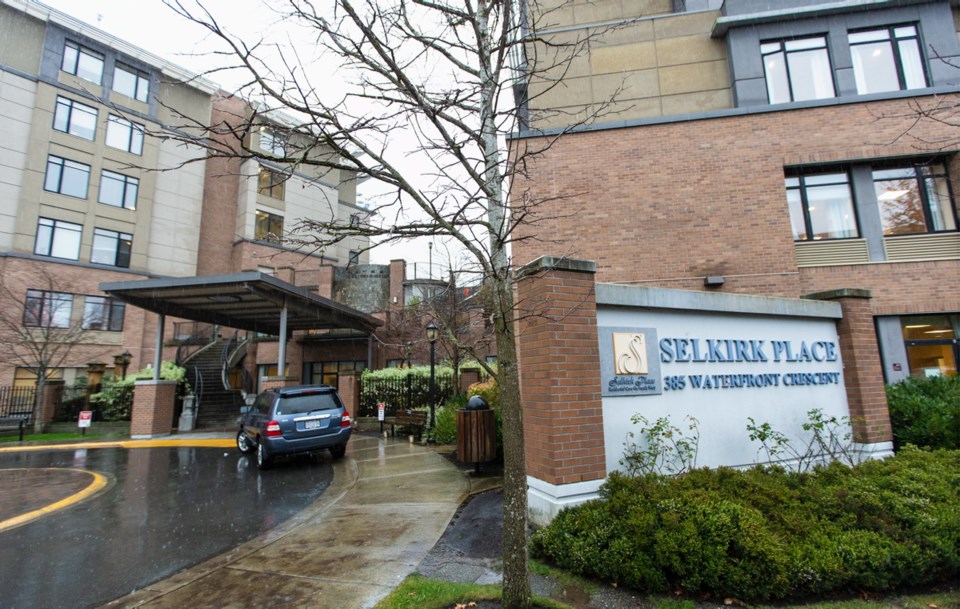Island Health has appointed an administrator to take over a third long-term care facility. Selkirk Seniors Village in Victoria had been cited by the South Island medical health officer, Dr. Murray Fyfe, for inadequate staffing, lack of cleanliness, and neglect of residents’ needs.
This follows similar interventions at facilities in Nanaimo and Courtenay. All are owned by the same company, Retirement Concepts, which in turn is a subsidiary of a Chinese firm, Anbang.
The intent is to leave an administrator in place only until the various deficiencies are corrected. Retirement Concepts retains ownership of the facilities.
Here though is the concern. The parent company, Anbang, is in financial difficulty. The CEO has been incarcerated, and a number of its holdings across North America have been sold.
It is possible the quality issues at its facilities may be symptoms of this underlying weakness, although there are certainly other plausible explanations.
Retirement Concepts pays lower wages than publicly owned facilities, and this may be a cause of the inadequate staff levels.
Nevertheless, Anbang is the largest operator of long-term care homes in B.C., with 17 such facilities under its control, seven of them on the Island.
This should be a cause for concern because Retirement Concepts has a contract that requires only one year’s notice if it intends to close its facilities. But the company has no obligation to find an alternate buyer who would keep the homes open.
If the decision were made to leave, around 2,000 beds would be lost, province-wide, and there would be scant time to replace them.
In effect, Island Health is dependent on a company that is showing signs of strain, and whose future commitment is unknown.
Ultimately, the responsibility for this undesirable situation rests with the federal government. It was Ottawa, not the province, that gave Anbang approval to proceed.
Clearly, given the company’s difficult financial situation, whatever assessment the federal authorities carried out was wholly inadequate.
And there is a longer-term issue. Historically, most residential care homes in B.C. were either publicly owned, or were operated by religious denominations and service clubs.
These latter have a long record of providing reliable care, because they can depend on strong community support and charitable donations.
However, unlike some other provinces, B.C. also contracts with private firms such as Retirement Concepts, and that raises several matters of concern.
First, the residents at these facilities are among the most vulnerable members of the community. Is it wise to place their care in the hands of an organization whose primary motive is profit making?
Then again, the contract arrangements that Island Health has with Retirement Concepts make no sense. Not only is the health authority paying for staffing and care delivery for the publicly funded beds, it is also paying a portion of the interest on the company’s mortgages, as well as most of its property taxes.
Why contract with a private firm if you’re going to end up so heavily invested?
The reason, such as it is, appears to be that the provincial government will not provide the funding required to build sufficient facilities. That leaves Island Health no option but to rely on private capital.
But if we can afford to build schools, colleges and hospitals, why can’t the money be found to build nursing homes? For if we’re going to end up paying a portion of the mortgage on private properties, we might as well take out a loan and build them ourselves. Better still, buy them outright and save the share of costs that represents the profit margin.
When one privately owned facility after another fails to meet its contractual obligations, the time has come to rethink the whole approach to long-term care. At a minimum, entering into agreements with offshore companies should end forthwith.



